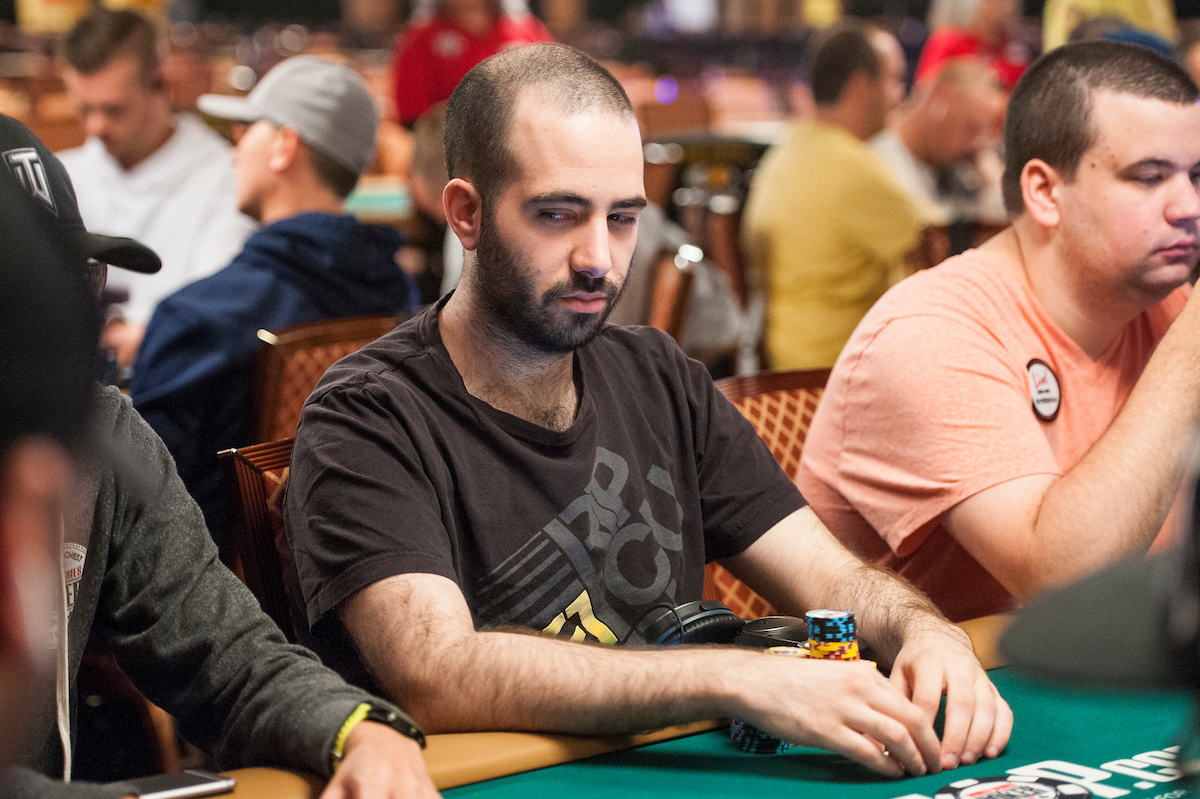Dalton Still Poker
While the national Democratic ticket is enjoying a modest lift in the polls after the convention in Charlotte, the party’s gubernatorial nominee, Walter Dalton, remains significantly behind Republican Pat McCrory.
The political plight of Dalton, the current lieutenant governor and former state senator, is “over-determined,” as a social scientist might put it. That is, there are many plausible explanations for why he trails McCrory. Thanks to Gov. Bev Perdue’s last-minute decision not to file for reelection, Dalton’s campaign came together quickly and remains underfunded. Perdue is the most unpopular governor in modern North Carolina history, so running to succeed her as a Democrat is obviously a challenge.
The state’s economy remains in the doldrums, imperiling any candidate perceived to be part of the incumbent establishment. And McCrory proved as the longtime mayor of Charlotte that he is a skilled and likeable campaigner with a strong appeal to independents and conservative Democrats.

Doug Dalton After 15 years running the most successful poker room in Las Vegas, Doug Dalton leaves Bellagio to return to his hometown of San Diego. Just like a Super Bowl post-game MVP interview. Dalton Still Poker options. Here at CasinoTop10, you'll find an extensive list Dalton Still Poker of casinos which have been tested and approved by our staff in all regulated states. Bob Dalton, born in 1869, was six feet tall, and had blue eyes and sandy hair. According to his brother Emmett, Bob was the most handsome of the Daltons and was a good poker and card player, drank whiskey in moderation and did not chew tobacco. On occasion he would smoke brown paper cigarettes. BLOCKERS - cards which block your opponent - are a tempting concept at Omaha (the four card version of Hold 'em). If, for example, the first three cards of the flop show 9- 10-Q, and you happen to.

Still, Dalton is partly responsible for his plight by choosing to emphasize modest, incremental, and unexciting ideas rather than bold initiatives. His strategy is to play small ball – a concept that originated in baseball and then migrated to poker. Essentially, the idea is to build to ultimate victory through a series of low-risk, low-return plays rather than swinging for the bleachers.
His problem is that in politics, you can afford to play small ball only if you have superior or equivalent resources. In public policy, you can afford to play small ball only if the performance of your government is near or above average, requiring only tweaks to continue progressing over time.
Neither condition applies to Dalton’s situation. He’s badly outmanned and outgunned in the governor’s race. And the state he aspires to govern, North Carolina, has anti-competitive tax and regulatory policies, inadequate infrastructure, and one of the worst economies in the United States.
Dalton needs a homerun, or at least a couple of solid doubles. Instead, his campaign seems to be one of grounders, bunts, and hopes of getting walked.
Take a look at the lieutenant governor’s just-released economic plan, for example. While McCrory has been talking about big ideas such as completely rewriting the state’s tax code, slashing red tape for entrepreneurs, and making career and technical education a real option in K-12 education, Dalton’s plan is a hodgepodge of small ideas ranging from modestly beneficial to modestly harmful.
I count as modestly beneficial those elements of Dalton’s plan that focus on encouraging collaboration in business recruitment and reforming unemployment insurance to allow some workers to continue receiving partial benefits while retraining for a new job. I count as modestly harmful Dalton’s proposals to complicate the tax code through more incentives, to loan or grant more tax money to politically favored companies, and to raise the cost of state government by imposing various “Made in North Carolina” mandates and set-asides.
Neither candidate gets good marks for specificity, I grant you. Both McCrory and Dalton say they would reform North Carolina’s tax code in part by eliminating deductions and credits, but won’t say which ones they’d junk. At least with McCrory, however, his stated goal is a big one: to reduce the state’s marginal income tax rates, thus reducing the disincentive to save, invest, and create new jobs. With Dalton, there are schemes to shield companies or industries he likes from these marginal tax rates, rather than improving the rate of return on all investment in North Carolina, regardless of where and how it occurs. Essentially, his conception is of government as venture capitalist. Down that road lies Solyndra.

The policy problem is part a parcel with the political problem. If Dalton were to say that North Carolina needed major changes in our education, infrastructure, tax, and regulatory systems, it would be a tacit admission that the past two decades of Democratic administrations have made poor choices. Can he really do that and remain the standard-bearer for the Democratic establishment?
No. Running a more independent campaign might risk some intra-party tensions. But it would also have a better shot of putting the ball in the outfield – or in the stands.
Dalton Still Poker Table
Hood is president of the John Locke Foundation and author of Our Best Foot Forward: An Investment Plan for North Carolina’s Economic Recovery.